We live in a culture that expects us to upgrade to the next iPhone as soon as its released, suggests we need to drive to work every day and that breakfast should come from individually wrapped packages for busy life on the go.
The average American generates approximately 4.3 pounds of garbage per day which translates to an astounding total of 230 million pounds of garbage thrown out in the US each year (source). We drive an average of 13,500 miles a year, roughly 37 miles a day, producing greenhouse gasses and air pollution on each drive (source). Globally, we bought 9.5MM+ Taylor Swift 1989 CDs. The fact that we produce so much trash and air pollution cannot be ignored; the impact our decisions and actions make on the Earth cannot be ignored.
It feels like an increasingly dire situation and it is; and it’s hard to know what to do to make a difference or an impact. But even small changes, like the ones outlined below, can make a significant impact – in the short and long term. Especially if all of us trail sisters adopt a conservation state of mind!
- Bring your own coffee mug. I’m a fan of someone else making my coffee but I realized buying a cup of coffee meant buying a paper cup, paper sleeve, plastic lid and plastic ‘splash stick’. After finishing my coffee, these were tossed into the garbage and recycling. So wasteful! Now, I bring a travel coffee mug with me when I head to a coffee shop and, after I’m done, a simple rinse with water in the sink and my cup is ready for tomorrow’s coffee – and except for the rinse water, no waste. (Added bonus: bringing your own cup usually scores you a discount on coffee.)
- Hop on a bike or share a car. We live in a must-have-a-car society but swapping a drive for a bike ride – or sharing a ride with a friend – means less cars on the road, less miles on your car, less air pollution generated. Even if you aren’t able to make biking your primary mode of transportation, I’d bet are places within a 3-5 mile radius that are bikable (3 miles is ~15-20 minutes of biking). Familiarize yourself with the bike lanes in your city, leave a bit earlier and get some fresh air and exercise next time you head out nearby. (Added bonus: many people hold you in ‘badass’ status when you show up somewhere on a bike vs. car. Prepare to feel like a boss.)
- Engage in a gear swap. Rather than seeking out brand spankin’ new gear every season, consider buying gently used gear from a friend or at an organized gear swap. You’ll save that jacket from hitting the trash can and will keep a few extra bucks in your pocket at the same time. Additionally, purchasing in a gear swap means less packaging waste and less transport of the product by plane or truck to reach you. (Added bonus: vintage styles are back in, baby!)
- Go meatless one day a week. Reducing the amount of meat you eat each week can minimize water usage, reduce greenhouse gasses and reduce fuel dependence. The water and fuel required to produce 1 pound of ground beef is significantly more than it takes to produce 1 pound of veggies so buying less meat means more water is for available in our increasingly drought-prone country. (source) (Added bonus: incorporating more veggies into your diet is always a win.)
These tips are a suggested starting point to help reducing our overall impact on the environment but are by no means an exhaustive list. And sometimes, you might forget your travel coffee mug or need to buy brand new ski pants – and that’s okay! This isn’t an all or nothing system; even the smallest tweaks over time can yield a significant impact over time so never doubt that your actions make a difference.
What additional tips do you have to reduce our collective impact on the Earth? Share in the comments below.



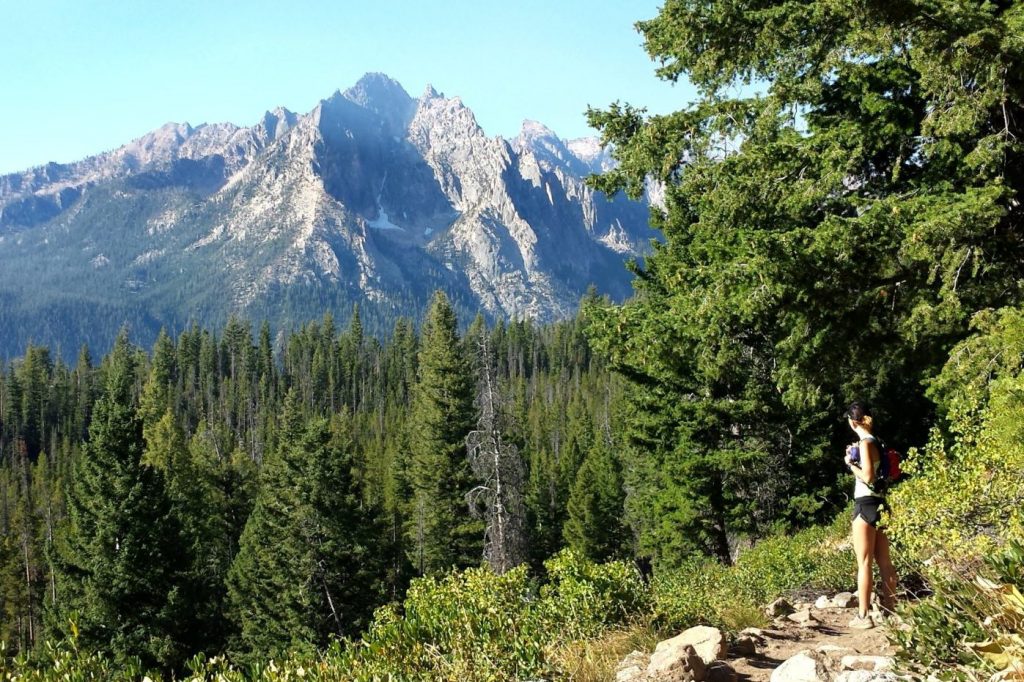
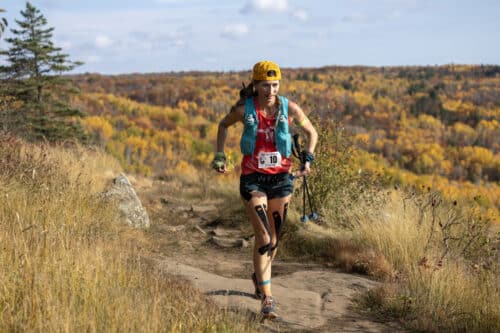



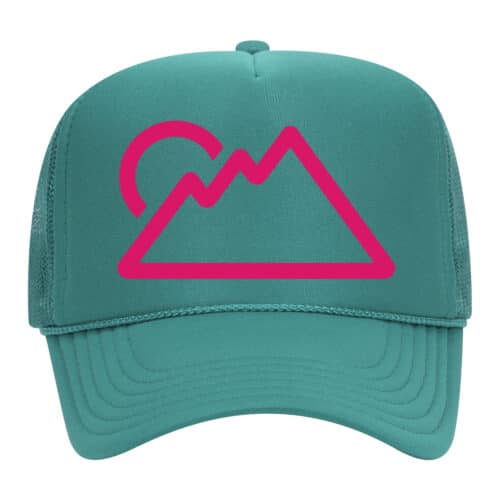

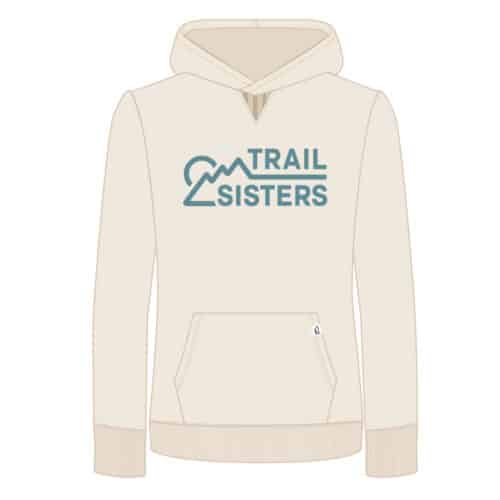
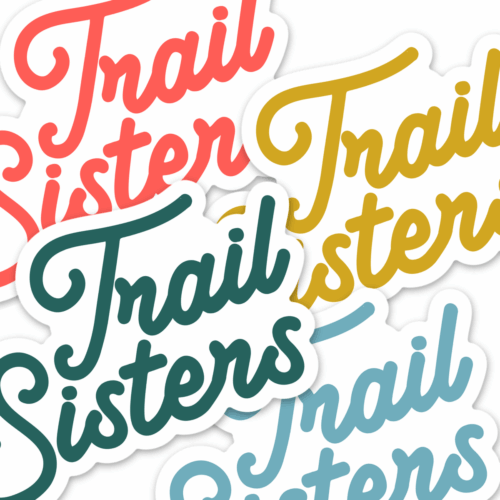
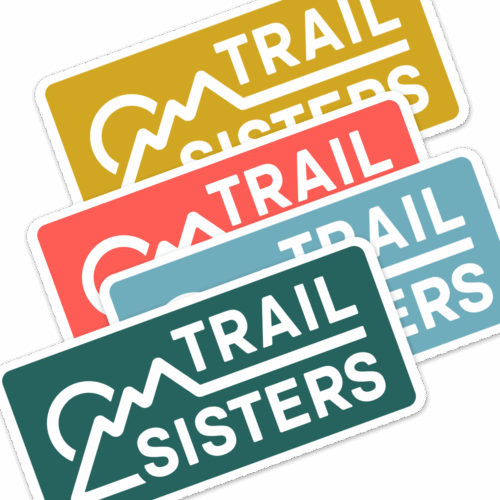
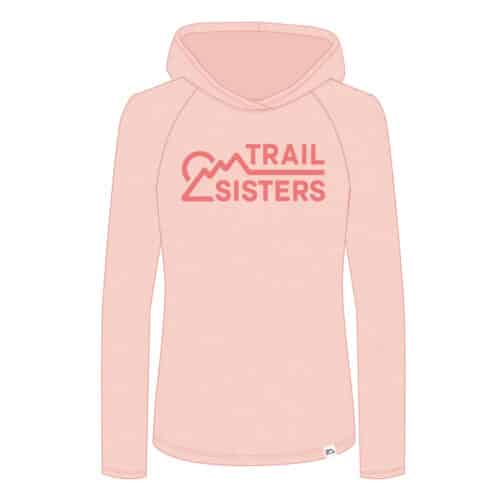


4 Responses
Great suggestions. One big area that a lot of adventurous and outdoor seekers seem to shove under the blankets a bit is the huge impact of airplane travel. The impact compared to some of the other things you mention is exponential. Flying coach round trip from California to Paris emits 3 tons CO, 10x what an average Kenyan emits in one year. Just something I think we need to make a bigger part of the conversation among those seeking to reduce our impact on the planet.
Here is a good article for anyone interested:
https://www.yesmagazine.org/issues/life-after-oil/how-far-can-we-get-without-flying-20160211
Hi Val – Yes! Thanks for sharing this article; very eye opening and through provoking.
In addition to airplane travel, I also wonder about the current trend to live nomadically through #vanlife. Although I don’t know the tradeoffs of carbon from driving across the country for days/weeks/months/years from impact of day-to-day life in a house/apartment, burning electricity, heat, water, etc. But absolutely agreed that the impact of travel is something we tend to overlook in these conversations.
I’d like to add to the list.
Little things add up.
-Carry your own spork. My husband and I carry sporks with us wherever we go. If we need to purchase food to carry out we don’t take the plastic ware.
– Compost. It keeps food out of the landfill and creates great soil for your garden or wherever you want to spread it.
– Recycle fervently. We have been known to carry home plastic bags bottles and containers so they could be recycled properly. Please don’t just throw recyclable items in the trash just because there is no recycling container nearby.
I love the idea of keeping spork handy and not taking carry out silverware. I bought a plasticware kit that I keep at my desk at work for lunches and snacks to avoid wasting plasticware that gets tossed in the trash.
Composting is also an idea I’ve had on my mind for the past several months, after a friend started doing it under her kitchen sink (for we apartment dwellers). This is a good reminder for me to look into it again and take action.
Thanks for sharing!